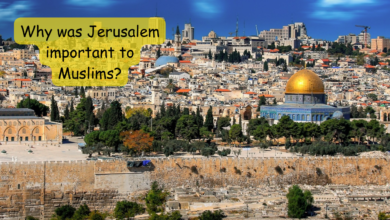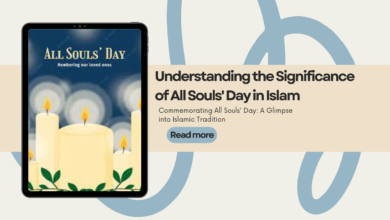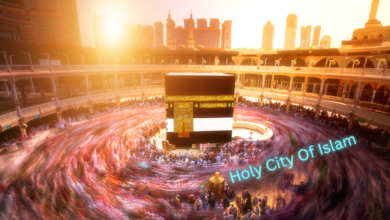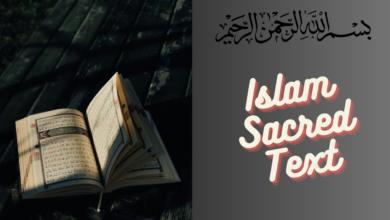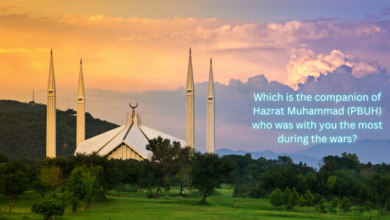Why Indonesia is Muslim?
"A Glimpse into Indonesia's Muslim Majority: Historical and Cultural Insights"
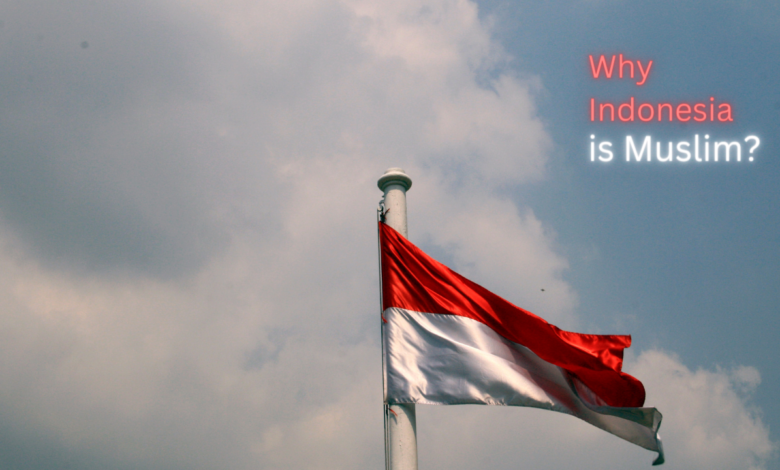
Why Indonesia is Muslim?
Indonesia is predominantly Muslim due to the historical influence of Islamic traders and missionaries who arrived in the archipelago as early as the 13th century. Over time, Islam gradually spread and became the dominant religion in the region.
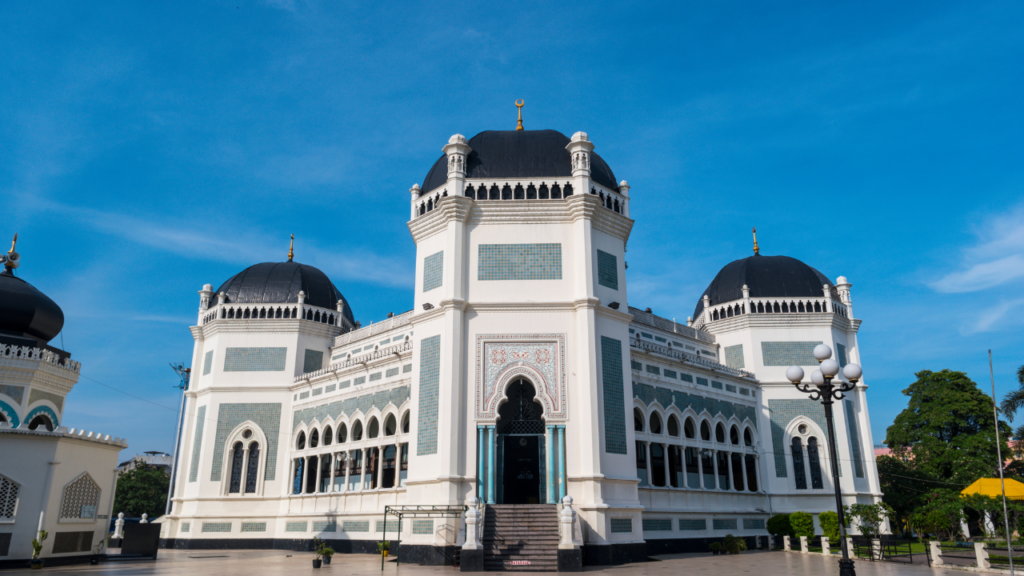
Introduction:
Indonesia, an archipelago comprising over 17,000 islands, is known not only for its stunning natural beauty but also for its rich cultural diversity. One of the most prominent aspects of this diversity is its religious landscape, with the majority of its population adhering to Islam. In this article, we will explore the historical, cultural, and social factors that have contributed to Indonesia’s status as the world’s largest Muslim-majority nation.
Historical Roots of Islam in Indonesia:
The history of Islam in Indonesia dates back to the 13th century when traders from India and the Middle East brought Islam to the Indonesian archipelago. However, it wasn’t until the 14th century that Islam began to take hold as a major religion in the region, with the establishment of Islamic sultanates in various parts of Indonesia.
One of the key factors that facilitated the spread of Islam was its compatibility with the existing cultural and religious beliefs of the Indonesian people. Islam’s syncretic nature allowed it to blend seamlessly with the indigenous animistic and Hindu-Buddhist traditions, making it more accessible and adaptable to the local culture.
Cultural and Social Factors:
- Archipelagic Geography: Indonesia’s vast archipelagic geography has played a significant role in shaping its religious landscape. The isolated nature of many islands allowed for the development of distinct local cultures and languages, which in turn influenced the way Islam was practiced and integrated into daily life.
- Religious Tolerance: Indonesia has a long history of religious tolerance and pluralism. Despite being predominantly Muslim, the country has a constitution that guarantees freedom of religion. This inclusive approach has allowed various religious communities, such as Hindus, Christians, Buddhists, and indigenous faiths, to coexist peacefully alongside Islam.
- Interconnectedness: Indonesia’s position as a major trade hub in the ancient spice trade route facilitated cultural and religious exchange with neighboring countries, including India, China, and the Arabian Peninsula. This exchange of ideas and practices further enriched the religious landscape.
Cultural Syncretism:
Indonesia’s brand of Islam is often described as “syncretic” because it incorporates elements of indigenous beliefs and practices. This syncretism is particularly evident in traditional Javanese culture, where rituals and ceremonies often blend Islamic, Hindu, and animistic traditions. This unique fusion reflects the adaptability of Islam to local contexts and has helped shape the distinct identity of Indonesian Islam.
Islam and Indonesian Nationalism:
During Indonesia’s struggle for independence from Dutch colonial rule in the early 20th century, Islam played a significant role in fostering a sense of national identity. Many Islamic leaders supported the nationalist movement, viewing independence as a means to strengthen and protect their religious and cultural heritage.
Also check
- Where do Muslims Worship?
- Can Muslims eat beef?
- Do Muslims believe in Jesus?
- Does Islam believe in Noah’s ark?
- Can you chew gum while Fasting Islam?
Conclusion:
Indonesia’s status as a predominantly Muslim nation is the result of a complex interplay of historical, cultural, and social factors. The syncretic nature of Indonesian Islam, its historical compatibility with existing traditions, and its role in the struggle for national identity have all contributed to the nation’s religious landscape. Indonesia serves as a shining example of religious diversity and tolerance, where multiple faiths peacefully coexist within the framework of a Muslim-majority nation.
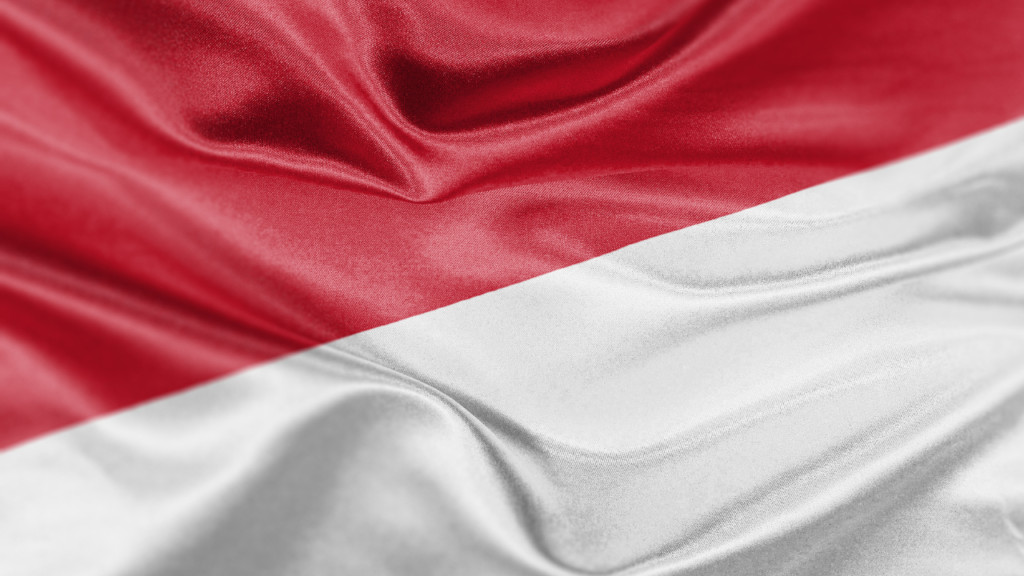
FAQs About Why Indonesia is Muslim
Why is Indonesia predominantly Muslim?
Indonesia is predominantly Muslim due to the historical influence of Islamic traders and missionaries who arrived in the archipelago as early as the 13th century. Over time, Islam gradually spread and became the dominant religion in the region.
When did Islam first arrive in Indonesia?
Islam first arrived in Indonesia in the 13th century, primarily through trade contacts with Muslim merchants and the efforts of Islamic scholars and missionaries. This marked the beginning of the gradual conversion of Indonesian communities to Islam.
What role did trade play in the spread of Islam in Indonesia?
Trade played a significant role in the spread of Islam in Indonesia. Muslim traders from the Arabian Peninsula, India, and Persia established commercial networks across the Indonesian archipelago, bringing Islam with them. Through these trade connections, Islamic culture and religion spread to various parts of Indonesia.
Did Indonesia have indigenous religions before Islam?
Yes, Indonesia had a rich diversity of indigenous religions before the arrival of Islam. These included animism, Hinduism, and Buddhism. Many of these indigenous beliefs and practices continue to coexist with Islam in Indonesia, creating a unique blend of religious traditions.
How did Islam become the dominant religion in Indonesia?
Islam became the dominant religion in Indonesia through a combination of peaceful conversion efforts, trade, and the influence of Islamic rulers and scholars. Over time, the majority of the population embraced Islam, and it became an integral part of Indonesian culture and society.
Are there different Islamic sects in Indonesia?
Yes, Indonesia has a diverse Muslim population that includes followers of various Islamic sects. The majority of Indonesian Muslims adhere to Sunni Islam, but there are also smaller communities of Shia Muslims and adherents of other Islamic traditions.
Is Indonesia an Islamic state?
No, Indonesia is not an Islamic state in the traditional sense. It is officially known as a “Pancasila” state, which means it recognizes multiple religions and promotes religious tolerance. The Indonesian constitution guarantees freedom of religion, and the country is home to various religious communities.
What is the significance of Islam in Indonesian culture?
Islam has a profound influence on Indonesian culture, including its architecture, art, music, and way of life. Islamic festivals and traditions are widely celebrated, and the Islamic faith plays a central role in shaping the moral and social values of the Indonesian people.
Are there regions in Indonesia with a non-Muslim majority?
Yes, while Indonesia is predominantly Muslim, there are regions with non-Muslim majorities, such as Bali (Hindu), North Sulawesi (Christian), and parts of Papua (Christian and indigenous beliefs). These regions reflect the country’s religious diversity.
Is religious freedom respected in Indonesia?
Yes, Indonesia officially recognizes and respects religious freedom. The country’s constitution guarantees the right to practice any religion, and it has a history of promoting religious tolerance and diversity. However, like any nation, there may be occasional religious tensions or issues that arise, but the government generally strives to protect the rights of religious minorities.
